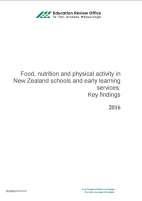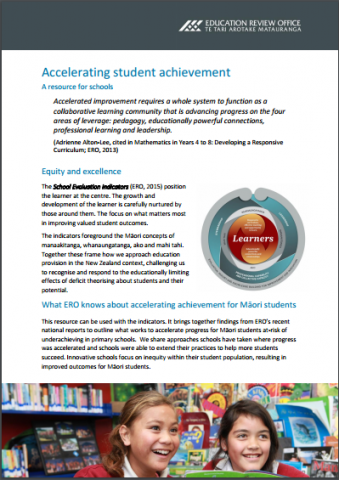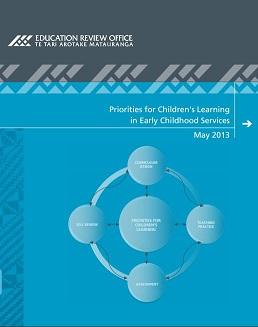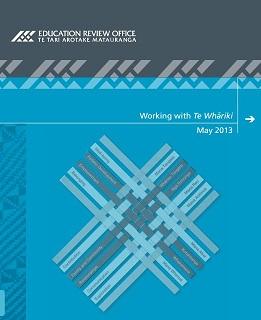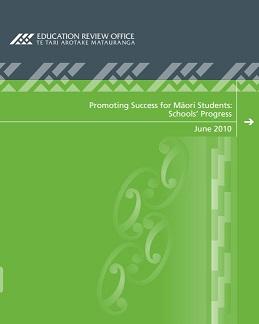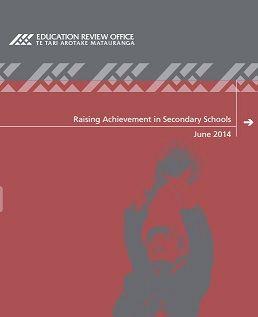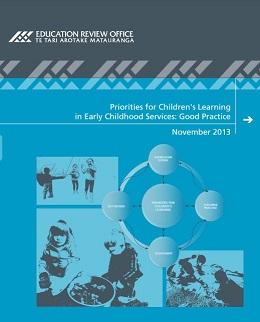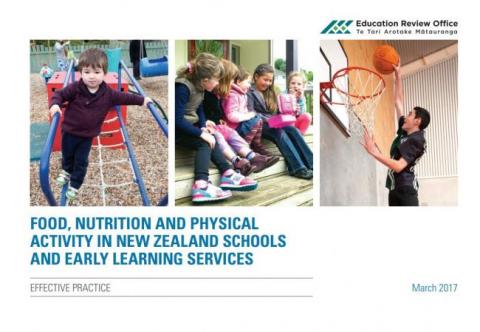Food, Nutrition and Physical Activity in NZ Schools and Early Learning Services: Key findings report
Published: 11 Apr 2017
This document is a separate report from the effective practice report, Food, nutrition and physical activity in New Zealand schools and early learning services intended to provide an overview of ERO's findings.
- Audience:
- Māori-medium
- Parents
- Schools
- Content type:
- Research
- Topics:
- Students
- Māori student achievement
